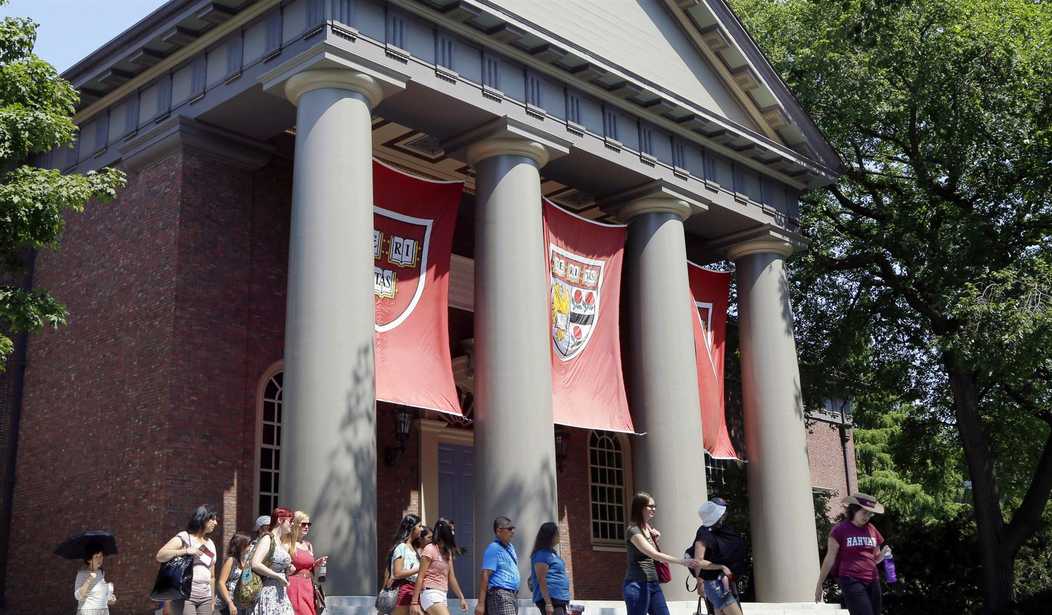The question of how much — if any — weight colleges should give to an applicant’s race will be decided by the Supreme Court in two cases being heard on Monday.
Two universities — Harvard and the University of North Carolina — have been sued by the Students for Fair Admissions (SFFA) alleging the schools discriminate against Asian Americans.
In 2003, the Supreme Court decided to allow race to be one factor in admissions policies in the Grutter v. Bollinger case because it believed student body diversity was “a compelling state interest.”
But it’s a sham to claim that race is only “one factor” in admissions. It is, in fact, at Harvard and many other schools, the determining factor in whether a student is admitted. The SFFA wants the court to definitively rule on race-based admissions once and for all.
The Supreme Court should say no. It should say no because the law should compel it to say no. We should cheer that outcome because morality and justice are in harmony with the law. Racial discrimination is in fundamental tension with racial justice, even when racial discrimination is purportedly designed to advance racial justice.
To understand the reasons for this position, we have to understand a few realities about American discrimination. Slavery is rightly called America’s “original sin,” but American racial discrimination didn’t end when slavery did, and it hasn’t been confined to America’s black population. For centuries American law didn’t just permit and protect vicious invidious discrimination, in some jurisdictions it mandated it.
There are already remedies under the law for those who feel unfairly discriminated against and are able to seek relief from the courts. The question being decided is if there should be a separate standard for racial discrimination based on historical wrongs. If the Supreme Court says “no,” not just college admissions, but also employment law could also be overturned.
But one can’t simply end discrimination by passing laws against discrimination. One way to think about the Civil Rights Act is that it finally gave marginalized communities the tools they needed to seek justice, and for the last 58 years they’ve been battling back, slowly but surely taking their rightful place in American life.
The moral necessity of ameliorating the effects of centuries of discrimination is clear; the method for doing so is not. But here’s one principle that should guide our nation’s response: The wounds caused by racial discrimination can’t be healed by racial discrimination.
Indeed, when it comes to American education, that is exactly what the plain letter of the law requires.
Indeed, the Civil Rights Act is very clear when it says no person shall be “excluded from participation” under “any program or activity receiving Federal financial assistance.” And yet time and again, the Supreme Court has found wiggle room: “in cases stretching from 1978’s University of California v. Bakke to 2003’s Grutter v. Bollinger to 2013’s Fisher v. Texas — the court has ruled that universities can take race into account in admissions decisions without violating the Civil Rights Act or the Equal Protection Clause of the Fourteenth Amendment.”
Previous courts have gotten around the clear language of the statute by claiming that there’s more to admissions than black and white and as long as there are no racial quotas, colleges can get away with any admissions policy they wish.
When universities like Harvard thumb their noses at the law and the Constitution by giving a wink and a nod to quotas while piously proclaiming a commitment to “diversity,” it’s time for the Supreme Court to step in and end the charade once and for all.










Join the conversation as a VIP Member